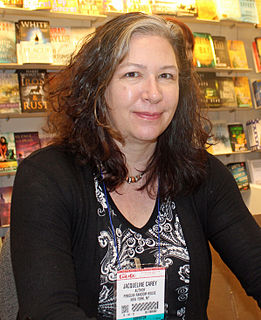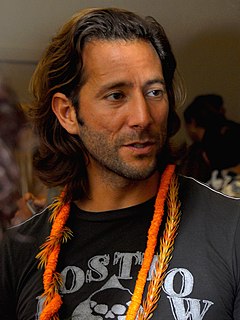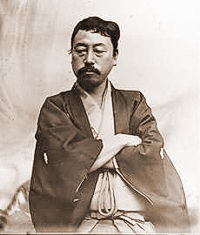Цитата Мигеля де Сервантеса
Перевод с одного языка на другой подобен просмотру куска гобелена с изнаночной стороны, где хотя фигуры и различимы, но так много концов и нитей, что красота и точность работы затемняются.
Связанные цитаты
Как говаривал мой Попо, жизнь — это гобелен, который мы плетем день за днем из нитей разных цветов, одних тяжелых и темных, других тонких и ярких, и у всех нитей есть свое применение. Глупости, которые я совершил, уже вписаны в гобелен, они неизгладимы, но я не собираюсь быть отягощен ими до самой смерти. Что сделано, то сделано; Я должен смотреть вперед.
В переводоведении мы говорим о доместикации — стилях перевода, которые делают что-то знакомым, или об отчуждении — стилях перевода, которые делают что-то радикально другим. В своем переводе я использую и то, и другое, и модернизм использует и то, и другое. Например, если вы посмотрите на то, как Джеймс Джойс представляет Улисса, станет ли это приручением классикой? Думайте об этом как об эксперименте с хорошо известным текстом на другом языке.






































